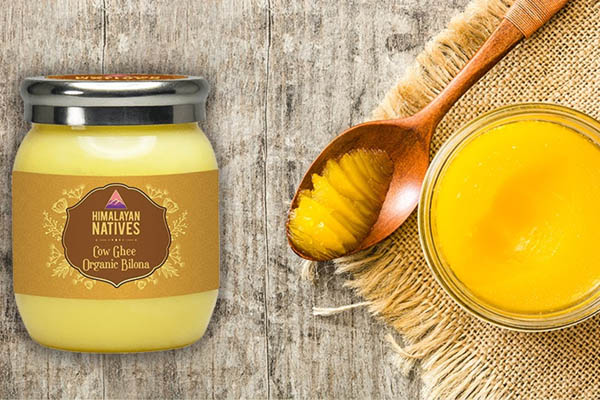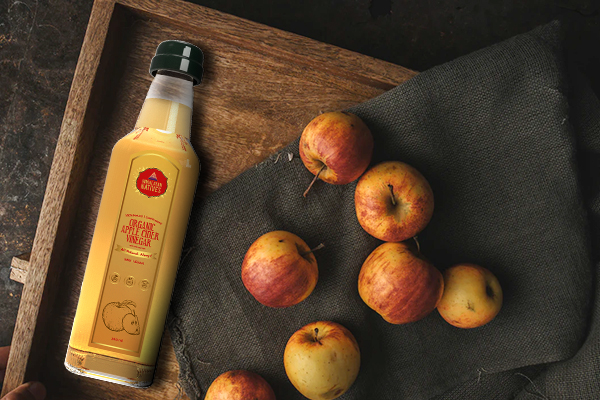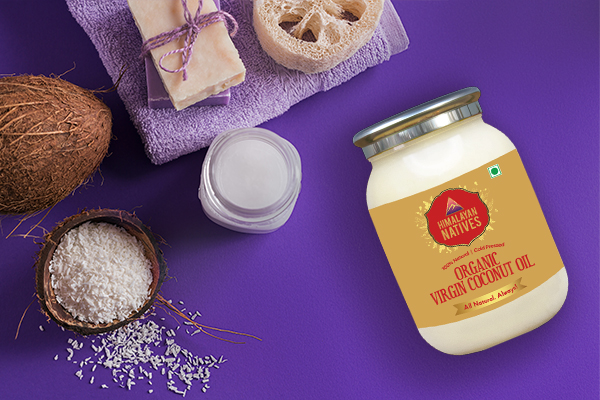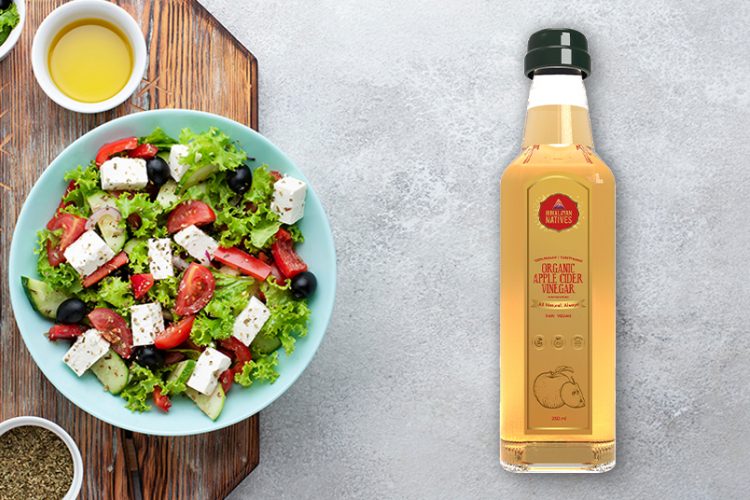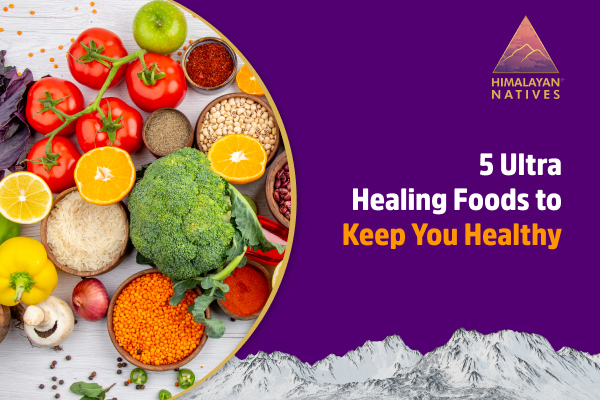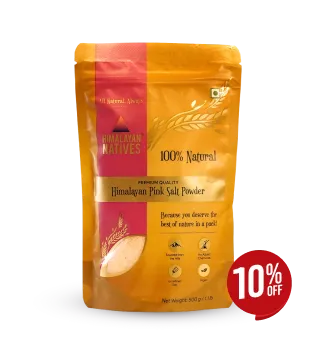
What do you think would be the result of a diet where rich flavors, vibrant colors, and natural superfoods come together in perfect harmony? A healthier heart, sustainable weight loss, and a lifestyle you’ll never want to leave behind!
Rooted in the sun-drenched shores of Southern Europe, the Mediterranean diet has no rigid meal plans or tasteless restrictions; it’s just real, wholesome foods that work with your body, not against it. It’s a lifestyle that embraces balance, flavor, and joy in every bite, making healthy eating feel effortless and satisfying.
What Exactly is the Mediterranean Diet?

The Mediterranean-style diets are a way of life rooted in tradition, balance, and simplicity with their origins tracing back centuries to countries like Greece, Italy, and Spain, where meals revolve around a bounty of natural ingredients. Its foundation lies in culinary customs through ages, prioritizing seasonal produce, heart-healthy fats, and lean proteins. Picture leafy greens, juicy tomatoes, fragrant herbs, olive oil, and fresh seafood - a Mediterranean food list that’s as healthy as it is delicious.
At its core, this diet follows simple yet powerful philosophies:
Eat minimally processed foods
Savor meals mindfully
Stay active
The diet is less about calorie counting and more about a lifestyle where taste and wellness go hand in hand. The Mediterranean diet offers a sustainable path to better health without sacrificing the pleasure of eating.
The Powerhouse Ingredients of the Mediterranean Diet

Here’s a closer look at what makes the Mediterranean-style diets as it's called:
Chia Seeds for Better Digestion
High in omega-3 fatty acids, fiber, and antioxidants, chia seeds can easily be added to your smoothies, salads, and breakfast bowls, boosting both nutrition and flavours.Power-Packed Seeds for Added Nutrition
Flaxseeds and sesame seeds increase heart health and offer essential nutrients that support digestion and metabolism.The Best Dry Fruits to Boost Your Health
Crunchy almonds, walnuts, and dates also provide healthy fats, vitamins, and a delightful taste that’s perfect for snacking or as a garnish for your desserts.Healthy Fats with Olive Oil
Extra virgin olive oil is filled with monounsaturated fats. It's a staple in this diet that deepens the flavor while also protecting heart health.Whole Grains and Fiber-Rich Legumes
Quinoa, lentils, and chickpeas provide complex carbohydrates and fiber to your body for sustained energy and improved digestion.Fresh Produce for Nutrition
Tomatoes, cucumbers, spinach, and peppers brimming with vitamins and antioxidants, add color to every dish.Lean Proteins for Strength and Heart Health
Grilled fish, sardines, and skinless poultry supply omega-3s and essential amino acids for a more balanced nutrition.
These ingredients work together, making the Mediterranean food list a flavourful guide to better health. Each element plays a unique role in offering the full spectrum of nutrients your body needs. So, make sure to include as many of these superfoods as possible while cooking your meal!
How the Mediterranean Diet Works Wonder

The Mediterranean diet offers a holistic approach to health. Here’s how this eating style will transform your body:
Boosts Heart Health and Enhances Longevity - Packed with heart-healthy fats like olive oil and omega-3-rich fish, this diet reduces bad cholesterol levels and lowers the risk of cardiovascular diseases. Its focus on plant-based foods and lean proteins is scientifically linked to improved heart function and a longer lifespan.
Supercharges Your Metabolism and Aids Digestion - Whole grains, legumes, and fiber-rich fruits and vegetables improve digestion and stabilize blood sugar levels, keeping you full and energized. Including chia seeds in drinks can further boost metabolism and promote satiety, making it easier to manage your calorie intake.
Promotes Overall Well-Being - This diet’s balanced approach supports mental clarity, reduces inflammation, and enhances gut health. It provides essential nutrients and antioxidants that strengthen the immune system and combat oxidative stress.
Backed by Science for Proven Results - It’s a diet celebrated by researchers and health organizations for its sustainable and comprehensive health benefits.
Quick Fact: Why the American Heart Association Approves It

A Mediterranean-style diet can help you achieve the American Heart Association’s recommendations for a healthy dietary pattern. Here’s how:
Focuses on incorporating a variety of vegetables, fruits, whole grains, beans, and legumes.
Incorporates low-fat or fat-free dairy, fish, poultry, nuts, and non-tropical vegetable oils.
Minimizes added sugars, sugary drinks, sodium, refined carbohydrates, saturated fats, processed meats, and highly processed foods.
Key Research Backing its Health Benefits
This diet significantly lowers the risk of heart disease by reducing cholesterol levels, improving blood pressure, and combating inflammation. It also enhances long-term heart health and prevents chronic conditions.
By incorporating Mediterranean principles into your daily life, you're opting for a longer, healthier life.
Easy Mediterranean Recipes to Relish

Here are a few easy Mediterranean diet recipes to help you get started on this healthy journey.
Breakfast: Greek Yogurt with Honey and Nuts
Ingredients:
1 cup Greek yogurt
1 tbsp honey
2 tbsp mixed nuts (almonds, walnuts, flax seeds, sesame)
A sprinkle of cinnamon (optional)
Directions:
Spoon the Greek yogurt into a bowl.
Drizzle honey over the yogurt.
Top with mixed nuts and a sprinkle of cinnamon, if desired.
Enjoy your healthy and delicious breakfast!
Lunch: Mediterranean Quinoa Salad
Ingredients:
1 cup cooked quinoa
1/2 cup cherry tomatoes, halved
1/4 cup cucumber, diced
1/4 cup red onion, thinly sliced
1/4 cup olives, pitted
2 tbsp feta cheese, crumbled
2 tbsp olive oil
1 tbsp lemon juice
Salt and pepper to taste
Directions:
In a large bowl, combine the cooked quinoa, tomatoes, cucumber, onion, olives, and feta cheese.
Add some olive oil and lemon juice.
Combine and season with salt and pepper.
Serve at room temperature.
Dinner: Grilled Tofu with Roasted Vegetables
Ingredients:
1 block firm tofu, drained and pressed
1 tbsp olive oil
1 tsp soy sauce
1 tsp garlic powder
1 tsp paprika
1 cup mixed vegetables (bell peppers, zucchini, mushrooms, eggplant)
Salt and pepper to taste
Directions:
Preheat a pan over medium heat.
Slice the tofu into 1-inch thick pieces and marinate with olive oil, soy sauce, garlic powder, paprika, salt, and pepper for 10-15 minutes.
Toss mixed vegetables with olive oil, salt, and pepper.
Grill the tofu for about 4-5 minutes per side until browned and crispy.
Roast vegetables in the oven at 400°F (200°C) for 15-20 minutes, stirring occasionally.
Serve the grilled tofu with roasted vegetables.
Snacks: Whole Grain Toast with Avocado and a Boiled Egg
Ingredients:
1 slice whole grain bread
1 ripe avocado (Deseeded)
1 boiled egg
Salt and pepper to taste
Directions:
Toast the whole-grain bread until golden brown.
Mash the avocado and spread it onto the toast.
Peel and slice the boiled egg, then place it on top of the avocado.
Sprinkle with salt, pepper, and red pepper flakes (optional).
Enjoy your healthy snack!
Dessert: Chia Pudding with Almond Milk and Berries
Ingredients:
3 tbsp chia seeds
1 cup almond milk
1 tsp vanilla extract
1 tbsp maple syrup (optional)
1/2 cup mixed berries (strawberries, blueberries, raspberries)
Directions:
In a bowl or jar, combine chia seeds, almond milk, vanilla extract, and maple syrup (if using).
Stir well and refrigerate for at least 4 hours or overnight to let it thicken.
Once set, top with fresh berries.
Serve chilled and enjoy!
This diet provides balanced, nutrient-dense meals that are simple to prepare and packed with flavor. Whether you're looking to lose weight or simply improve your overall health, these dishes will set you on the path to sustainable wellness.
Rules or Limitations: Here’s What to Know

While the Mediterranean diet is celebrated for its flexibility and nutrient-rich foods, there are still a few guidelines to follow for overall health. Here’s what to remember:
Foods to Limit or Avoid in the Mediterranean Diet
Though the Mediterranean diet is indulgent with wholesome, whole foods, there are a few items best enjoyed in moderation:
Red meats: Lean meats like poultry and fish can be consumed in normal amounts, but red meats should be limited to just a few times per month.
Refined sugars: Desserts made with refined sugars should be minimized. Instead, go for naturally sweet fruits like berries or figs.
Considerations for Individuals with Dietary Restrictions
Vegetarians/Vegans: The Mediterranean diet can easily be adapted for plant-based consumers. Simply swap meat for more legumes, tofu, or plant-based protein options.
Gluten-Free: For those with gluten sensitivities, you can always substitute wheat-based products with whole grains like quinoa, rice, and corn.
Dairy-Free: You can replace dairy with plant-based alternatives like almond milk or dairy-free yogurt while still enjoying Mediterranean flavors.
For those following a diet food chart, be sure to prioritize fresh fruits, vegetables, and whole grains while adjusting the Mediterranean diet to fit your unique dietary needs. The diet's flexibility makes it accessible and sustainable for most people, but being mindful of these restrictions ensures that your body reaps the full benefits of this heart-healthy way of eating.
Conclusion

Whether you’re aiming for heart health, weight loss, or simply a more balanced lifestyle, the Mediterranean diet provides the perfect blend of delicious, nutrient-rich foods that promote well-being without sacrificing flavor.
With its emphasis on balance, variety, and moderation, the Mediterranean diet empowers you to make health-conscious decisions every day, ultimately leading to a more vibrant, energetic, and fulfilling life. Follow Himalayan Natives on Instagram and Facebook for more such sustainable health transformation tips and recipes!
Frequently Asked Questions (FAQs):
1. What is the Indian-style Mediterranean Diet?
Answer: It’s an adaptation of the Mediterranean diet using Indian ingredients, focusing on whole grains (like millet or whole wheat), legumes, vegetables, fruits, healthy fats (olive oil or mustard oil), and moderate dairy and seafood.
2. What is a Typical Mediterranean Lunch?
Answer: A typical Mediterranean lunch includes a mix of fresh vegetables, whole grains, lean proteins (like fish or chicken), healthy fats (olive oil, nuts), and legumes or beans, often accompanied by whole-grain bread or a light soup.
3. What is the Healthiest Way to Eat?
Answer: The healthiest eating style emphasizes whole, unprocessed foods, plenty of fruits and vegetables, lean proteins, whole grains, healthy fats, and limited sugars, sodium, and processed foods - like the Mediterranean diet.
4. Which Country Has the Best Mediterranean Diet?
Answer: Greece, particularly the island of Crete, is often considered to have one of the most authentic and healthful versions of the Mediterranean diet.
5. What is a Healthy Breakfast?
Answer: A healthy breakfast could include oatmeal with fruits and nuts, whole-grain toast with avocado, or Greek yogurt with berries and a drizzle of honey.
 HELPFUL0 people found it helpful
HELPFUL0 people found it helpful
Related Blogs
Subscribe to Our Blogs
and never miss on the latest update!







